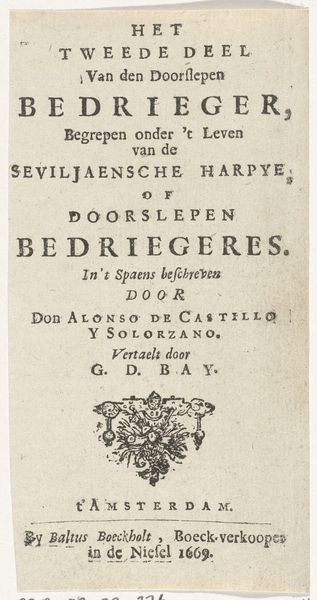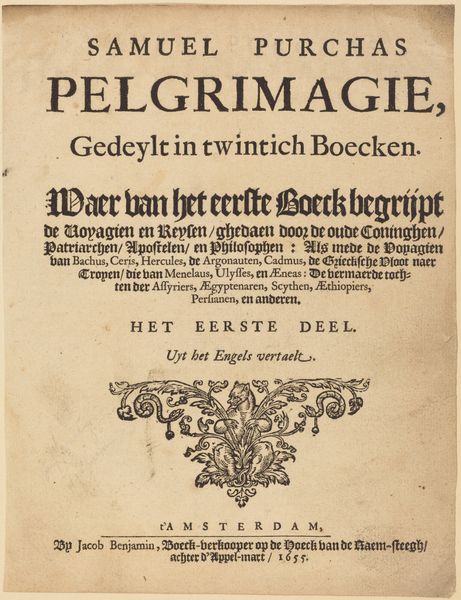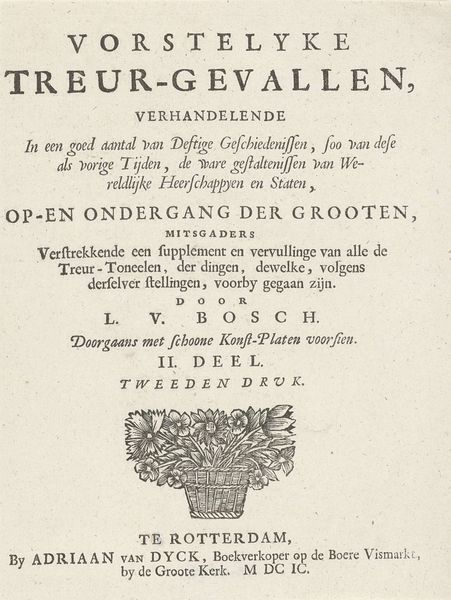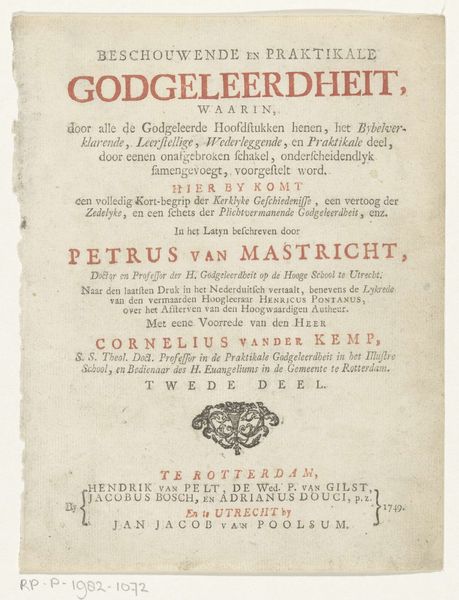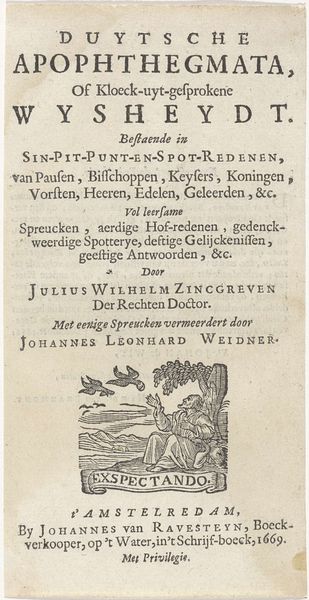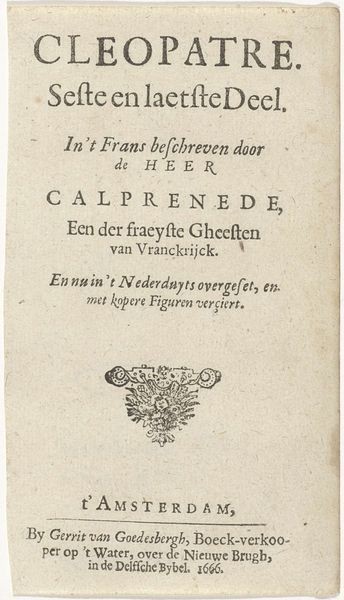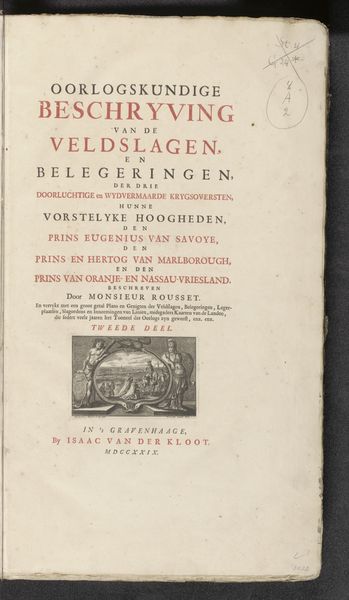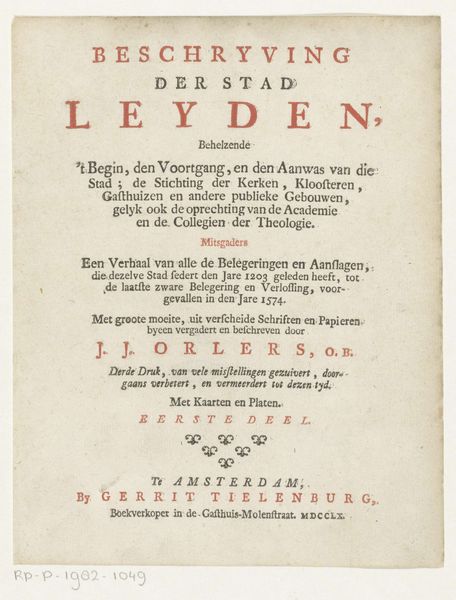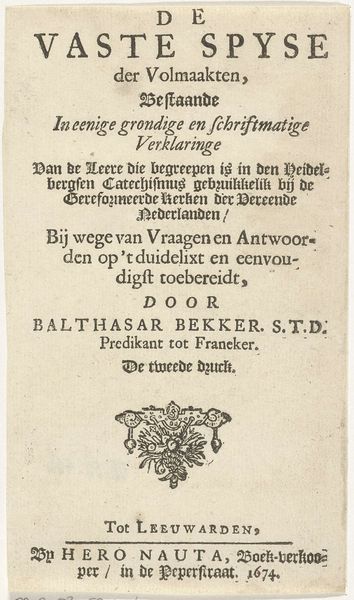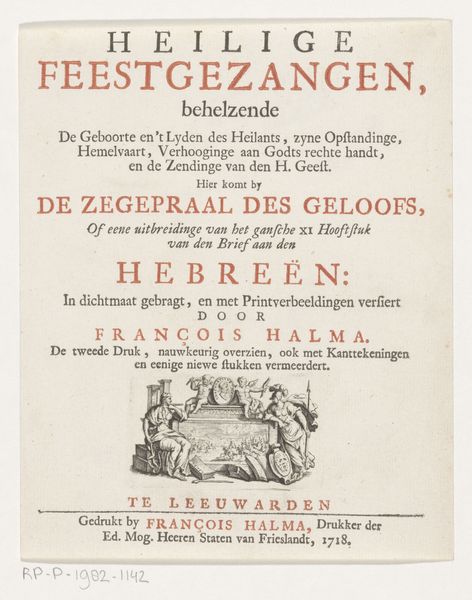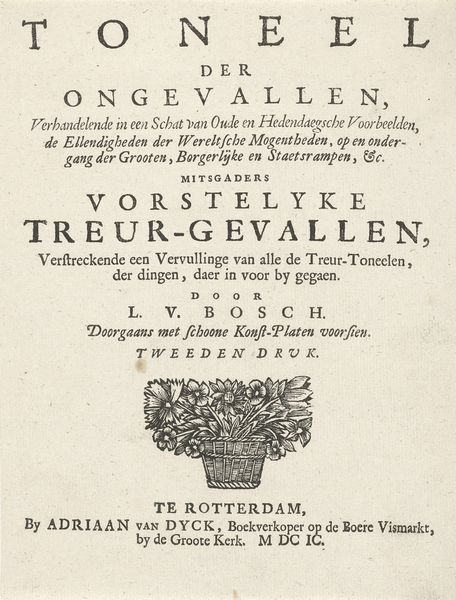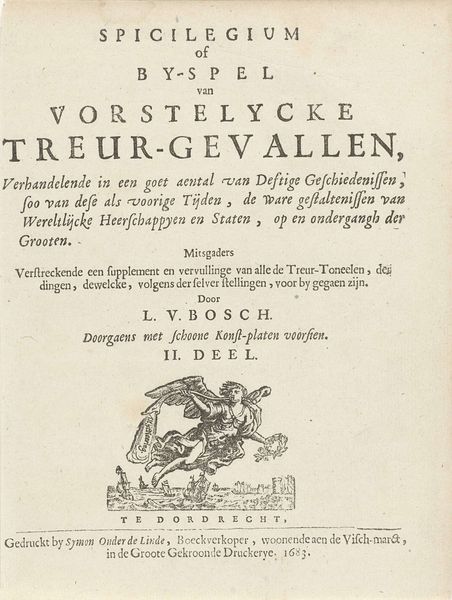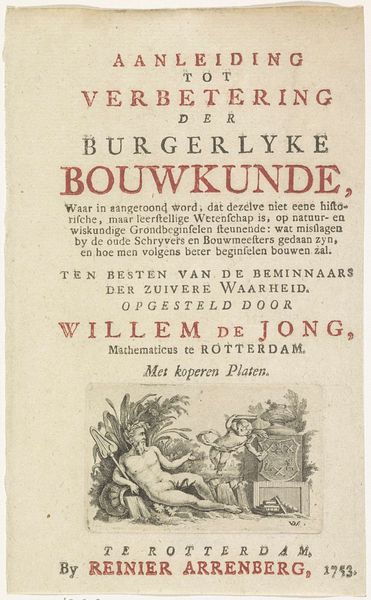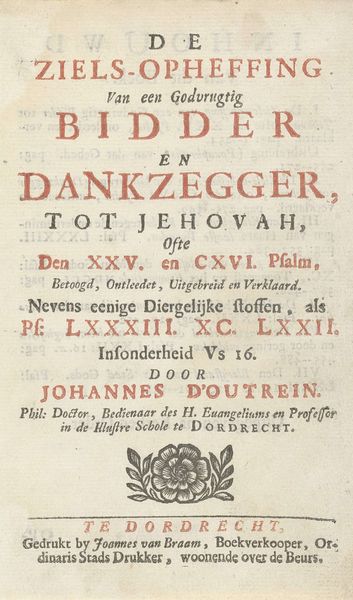
Titelpagina voor: A. de Castillo Solórzano, 't Leeven en bedrijf van den doorsleepen bedrieger, 1670 1670
0:00
0:00
graphic-art, print, typography, engraving
#
script typeface
#
graphic-art
#
hand-lettering
#
dutch-golden-age
# print
#
old engraving style
#
hand drawn type
#
hand lettering
#
typography
#
hand-drawn typeface
#
thick font
#
handwritten font
#
word imagery
#
engraving
#
historical font
Dimensions: height 127 mm, width 67 mm
Copyright: Rijks Museum: Open Domain
This title page for A. de Castillo Solórzano's book was made in Amsterdam in 1670 by Baltes Boekholt, using engraving. The print was achieved by meticulously incising lines into a copper plate with a tool called a burin. Ink was then applied to the plate, pushed into the grooves, and the surface wiped clean. When pressed against paper, the ink would transfer, resulting in the image we see. In this case, engraving creates crisp lines and tonal variations. The method was crucial for disseminating information and artistic ideas. Consider the labor involved: the engraver's skill, the printing process, and the role of the publisher, all essential to early capitalism and book production. Through such means, this book—promising tales of deception—entered the world. Appreciating the making of the print allows us to see its full cultural significance, and its place in a broader history of creative practices.
Comments
No comments
Be the first to comment and join the conversation on the ultimate creative platform.
